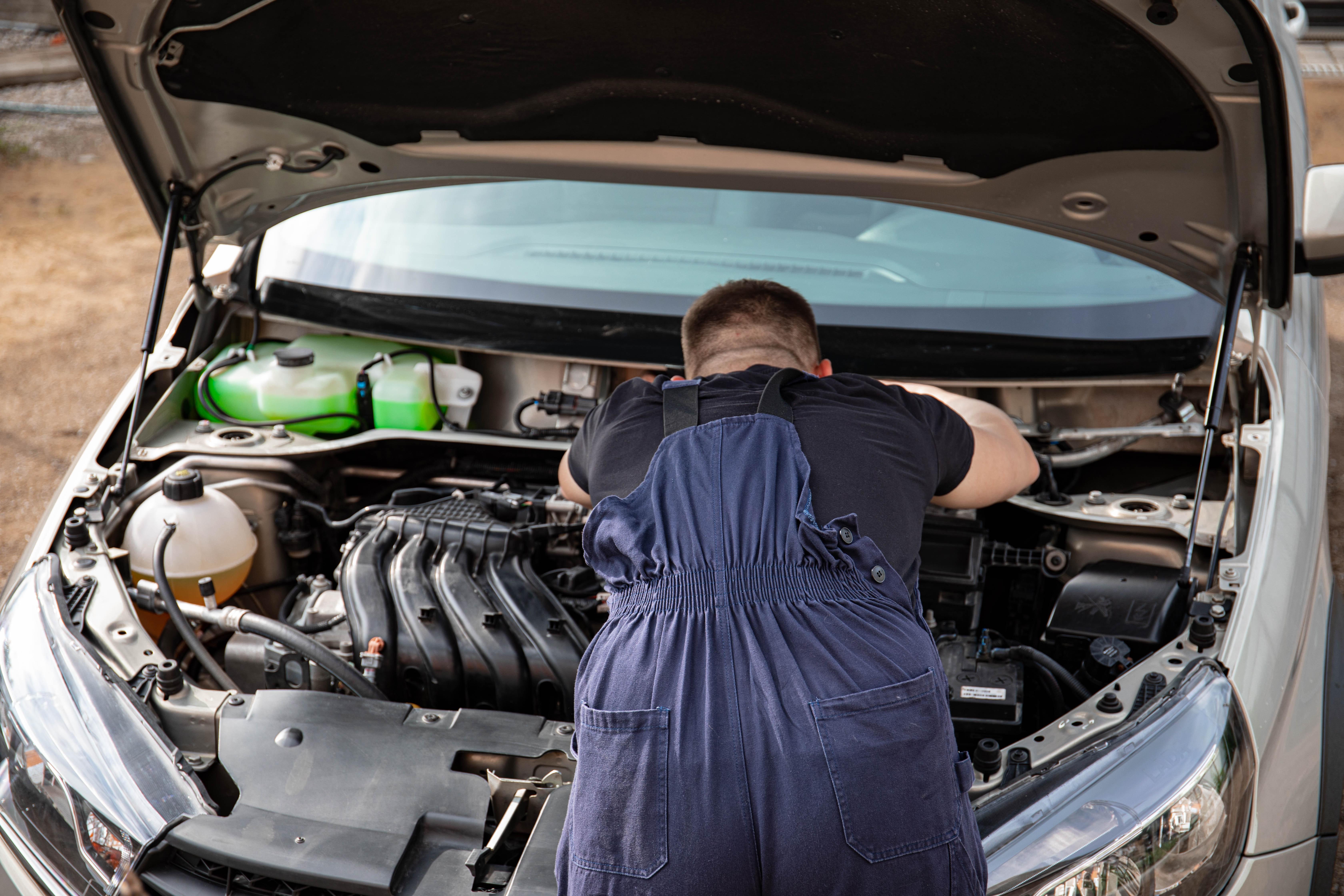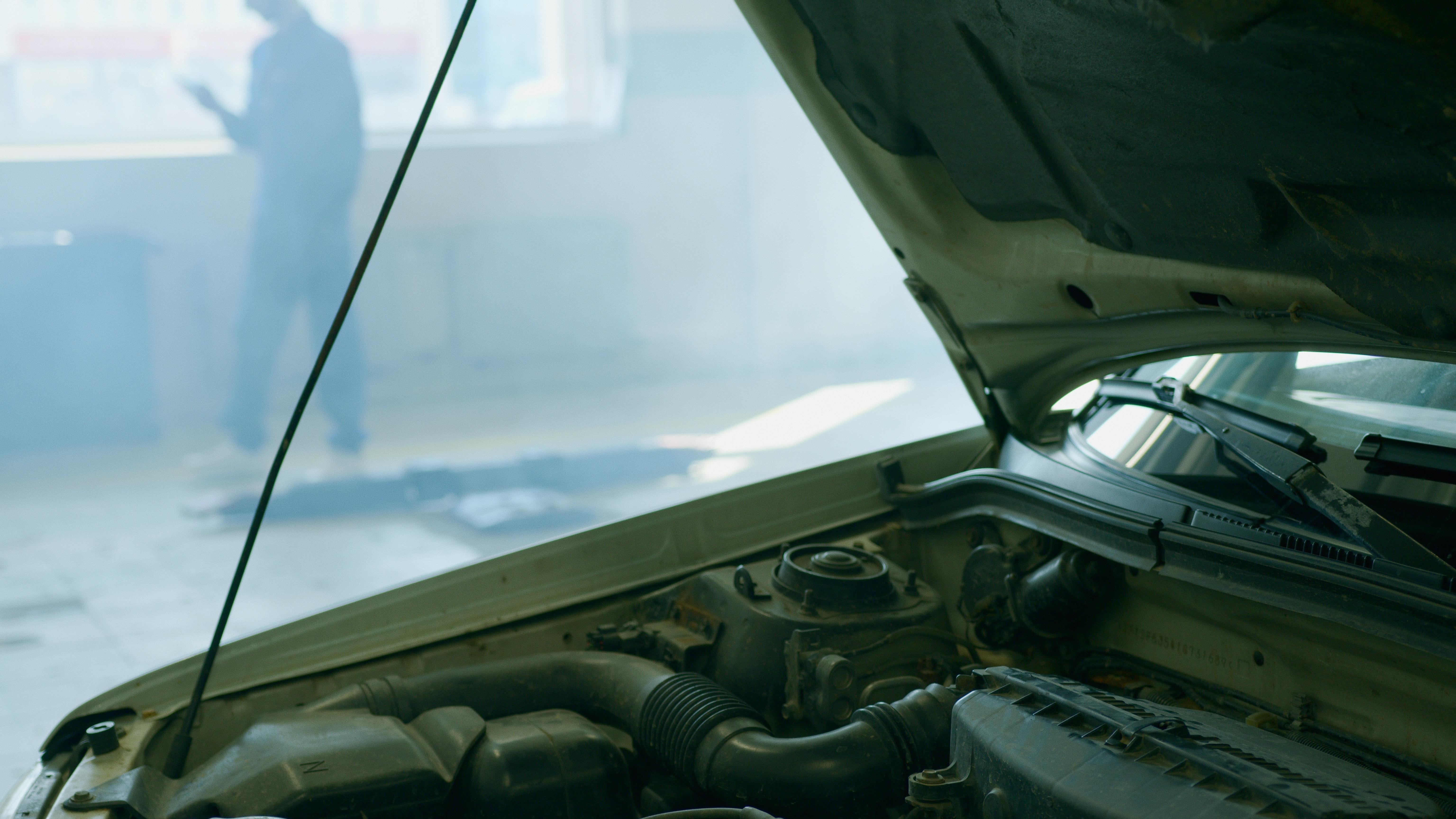Glassware has long been a staple in our homes, whether it’s for drinking, serving, or storing food. But as concerns over the safety of various materials grow, many people are becoming more cautious about the products they use, including glassware. One question that often arises is whether glass from China, a major producer of glass products, contains lead.
Lead is a toxic substance that can have serious health impacts, especially when it comes into contact with food or drink. In the past, lead was commonly used in the production of glass to add weight, brilliance, and durability. However, in recent years, regulations and consumer demand for safer products have led to significant changes in the glass industry.
In this blog post, we will delve into the topic of whether glass from China contains lead. We will explore the different types of glassware, examine the safety standards in place, and provide you with useful information to make informed choices about the glassware you use in your everyday life. So let’s dive in and get to the bottom of this lead mystery!
Does Glass From China Contain Lead
The topic of lead content in glassware from China has sparked quite a debate in recent years. As consumers become more conscious of the potential health risks associated with lead exposure, it’s important to understand the facts behind the headlines. So, let’s dive right in and answer the burning question on everyone’s minds: Does glass from China contain lead?
The Myth: All Glass From China Contains Lead
It’s easy to fall into the trap of thinking that all glassware from China contains lead. After all, there have been reports and scandals in the past that have tainted the reputation of Chinese glass manufacturers. But it’s crucial to separate the myths from the facts.
The Reality: Not All Glass From China Contains Lead
Contrary to popular belief, not all glassware from China contains lead. In fact, many reputable Chinese manufacturers adhere to strict quality control measures to ensure their products are safe and free from harmful substances. It’s unfair to generalize and assume that every glass item from China is automatically a health hazard.
Regulatory Standards: Testing for Lead in Glass
To address concerns over lead content, various regulatory standards have been put in place to ensure the safety of glassware. In the United States, the Consumer Product Safety Commission (CPSC) sets limits on lead content in glass products. Similarly, China has established its own set of regulations, such as the GB 4806.1-2016 standard, which stipulates the maximum allowable limit of lead migration.
The Importance of Proper Testing and Certification
When it comes to purchasing glassware, whether from China or any other country, it’s important to look for products that have undergone proper testing and certification. Reputable manufacturers will provide documentation to prove that their products meet the required safety standards. So, don’t hesitate to ask for proof of testing or certification when buying glassware.
The Benefits of Buying From Trusted Brands
In the sea of glassware options available, it’s always a good idea to opt for trusted brands with a track record of safety and quality. Well-known brands often invest in rigorous testing procedures to ensure their products are free from harmful substances like lead. While it may come at a slightly higher price, the peace of mind and assurance of safety are well worth it.
Making Informed Choices as Consumers
In the end, it’s essential to be informed and make conscious choices as consumers. Educate yourself about the potential risks associated with lead exposure and take the necessary precautions. If you have young children or are concerned about lead exposure, consider using glassware that is specifically labeled as lead-free.
So, to answer the question, “Does glass from China contain lead?” – the answer is not always. While there have been cases of lead-contaminated glassware from China in the past, it’s essential to look at each product individually and consider the manufacturer’s reputation, testing certifications, and compliance with regulatory standards. By making informed choices and opting for glassware from trusted brands, you can enjoy your favorite beverages without worrying about hidden health risks.
FAQ: Does Glass From China Contain Lead
If you’re concerned about the safety of glassware from China and whether it contains lead, you’re not alone. The presence of lead in glass has been a topic of concern for many years, and it’s important to be informed on the subject. To help address some common questions about lead in glass from China, we’ve compiled this comprehensive FAQ section. So, let’s dive in and get some answers!
Is Clear Glass Lead Free
Yes, in general, clear glass is considered to be lead-free. Most manufacturers abide by safety regulations and use lead-free formulations to produce clear glass products. However, it’s always a good idea to check the labeling or consult the manufacturer to ensure that the specific glassware you’re using or considering buying is indeed lead-free.
Can Glass be Toxic
When it comes to glassware, toxicity is not typically a concern. Glass is inert and does not leach harmful chemicals into liquids or food stored in it. So, you can enjoy your favorite beverages or meals without worrying about glassware being toxic.
Does Tempered Glass Have Lead
No, tempered glass is produced using a different process that strengthens the glass and makes it more resistant to breakage. This process involves rapid heating and cooling, which eliminates any lead content. Therefore, tempered glass is generally free from lead.
Is Blue Glass Toxic
The color of glass, including blue glass, does not determine its toxicity. The concerns lie mainly with the manufacturing process and the materials used. As long as the glass is produced using lead-free formulations, like most modern glassware, the color itself does not make the glass toxic.
What Glassware is Lead Free
Many glassware manufacturers now produce lead-free glassware. Look for products labeled as “lead-free” or those that meet the relevant safety standards. Some brands explicitly advertise their lead-free status, providing peace of mind to consumers who prioritize safety.
Is All Glass BPA Free
Yes, glass is naturally free from bisphenol A (BPA) or any other harmful chemicals typically found in certain plastics. Choosing glass over plastic for storing food or beverages is a wise choice if you want to avoid potential exposure to BPA.
Is Libbey Glass Lead Free
Yes, Libbey Glass is renowned for producing high-quality glassware, and the majority of their products are lead-free. However, it’s recommended to check the specific product labeling or consult the manufacturer to ensure the glassware you’re considering is indeed lead-free.
When Did They Stop Putting Lead in Glass
The use of lead in glass production has significantly reduced over time due to increased safety regulations and awareness. In the United States, the use of lead in glassware has been limited since regulations were implemented in the mid-1970s. However, it’s always advised to confirm the lead-free status of specific glassware products with the manufacturer.
Is it Better to Drink From Glass or Stainless Steel
Both glass and stainless steel are safe options for drinking, and the choice often comes down to personal preference. Glass offers a clear and elegant presentation, while stainless steel provides durability and insulation benefits. Ultimately, it’s about selecting the vessel that suits your needs and style.
What Glass is Safe to Drink From
Any glassware that is labeled as “lead-free” or meets safety regulations is safe to drink from. Look for reputable brands and check the labeling or consult the manufacturer to ensure the glassware you’re using is safe for enjoying your favorite beverages.
Is New Pyrex Glass Lead Free
Yes, modern Pyrex glassware is lead-free. Pyrex, a popular brand known for its kitchenware, switched to a lead-free composition in its glass products many years ago, adhering to safety regulations and consumer demands. So, you can confidently use new Pyrex glass without worrying about lead contamination.
Can You Get Lead Poisoning From Leaded Glass
While using leaded glassware for normal use poses minimal risk, prolonged exposure to acidic substances or storing highly alcoholic beverages in leaded glassware may result in tiny amounts of lead leaching into the liquid over time. However, this is not a significant concern as long as you avoid using leaded glassware for long-term storage or acidic beverages.
Do Glass Bottles Contain Lead
Glass bottles, particularly those designed for food and beverage use, are typically made from lead-free glass. However, it’s always a good idea to verify that the glass bottles you are using or considering buying are explicitly labeled as lead-free to ensure the highest level of safety.
Is Glass From China Food Safe
Glassware from China can be food safe when it meets the necessary safety regulations and standards. Reputable manufacturers comply with these regulations, ensuring their glassware is safe for food and beverage consumption. Always check the product labeling or consult the manufacturer to confirm the food safety of specific glassware items.
Is All Glass Food Safe
In general, glass is considered to be a food-safe material. It is non-porous and non-toxic, providing a suitable container for storing food and beverages. However, as with any product, it’s important to ensure that the glassware you use meets safety regulations and standards to guarantee food safety.
Is Lead Glass Dangerous
Leaded glass, often used in decorative items or antique glassware, can be potentially dangerous when it comes to long-term exposure. The lead content in these glasses can leach into liquids and pose health risks if ingested. Therefore, it’s advisable to avoid using leaded glassware for food or beverages, particularly for storing or serving items over an extended period.
Is Glass Better Than BPA Free Plastic
Glass is generally considered a safer alternative to BPA-free plastic for food and beverage storage. Glass does not contain any harmful chemicals, while some BPA-free plastics can still release other potentially harmful substances into food or drinks. Additionally, glass offers better insulation and a more durable material for long-term use.
Is Lead Crystal Worth Any Money
Lead crystal, which contains a certain percentage of lead, is known for its brilliance, clarity, and weight. It’s highly valued by collectors and individuals who appreciate fine craftsmanship. However, lead crystal has lost some popularity due to health concerns associated with lead. So, while it may hold value for collectors, it’s essential to handle lead crystal with caution due to the potential health risks.
What Glass is Food Safe
Most glassware produced by reputable manufacturers and complying with safety regulations is considered food-safe. Look for glassware specifically designed for food and beverage use and ensure it meets the necessary standards. Checking product labeling or consulting the manufacturer is always a good idea to confirm the food safety of glassware.
How Can You Tell if Glass is Lead Free
Determining lead content in glassware without proper testing can be challenging. However, you can look for product labeling indicating “lead-free” or those meeting the relevant safety standards. Reputable brands will provide this information, offering reassurance that the glassware is free from lead.
How Do I Know if Glass is Food Safe
To determine if glassware is food safe, you should look for products that meet safety regulations and standards. Check for labels such as “food-safe” or relevant certifications. Reputable manufacturers will often provide this information on product packaging or their official website, ensuring you can make an informed decision about the glassware you use.
These frequently asked questions aim to address common concerns regarding lead in glassware from China. By staying informed and selecting glassware that meets safety regulations and standards, you can enjoy your favorite beverages and meals confidently and without worry. Remember to always check product labeling or consult the manufacturer for specific information about the glassware you own or plan to purchase. Cheers to safe and enjoyable dining experiences!

